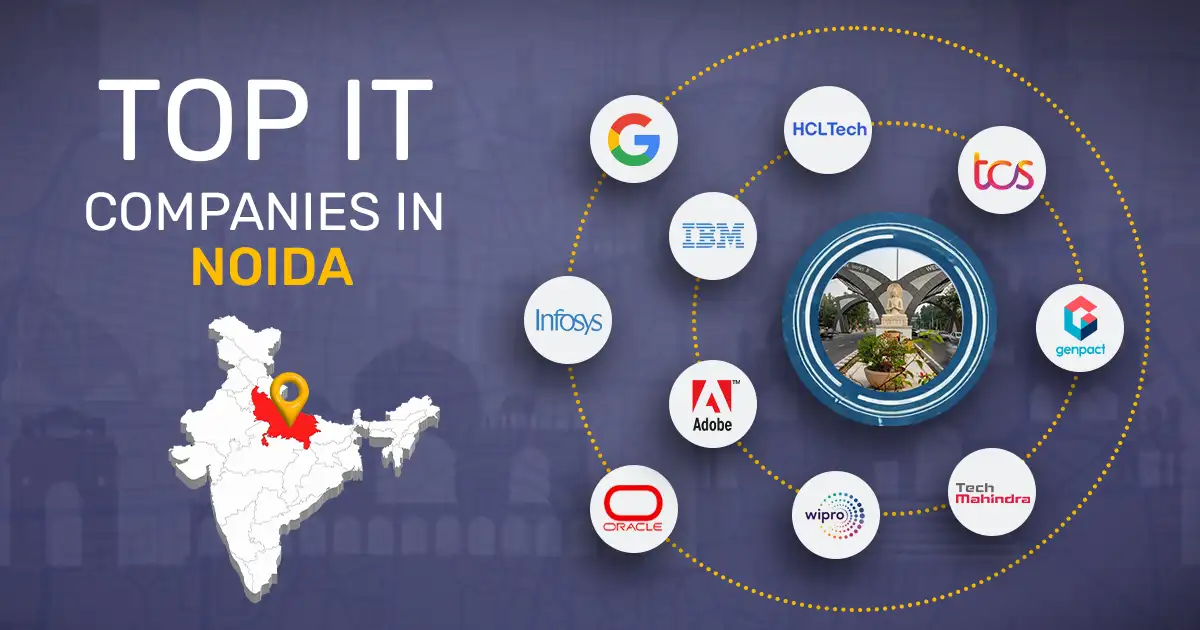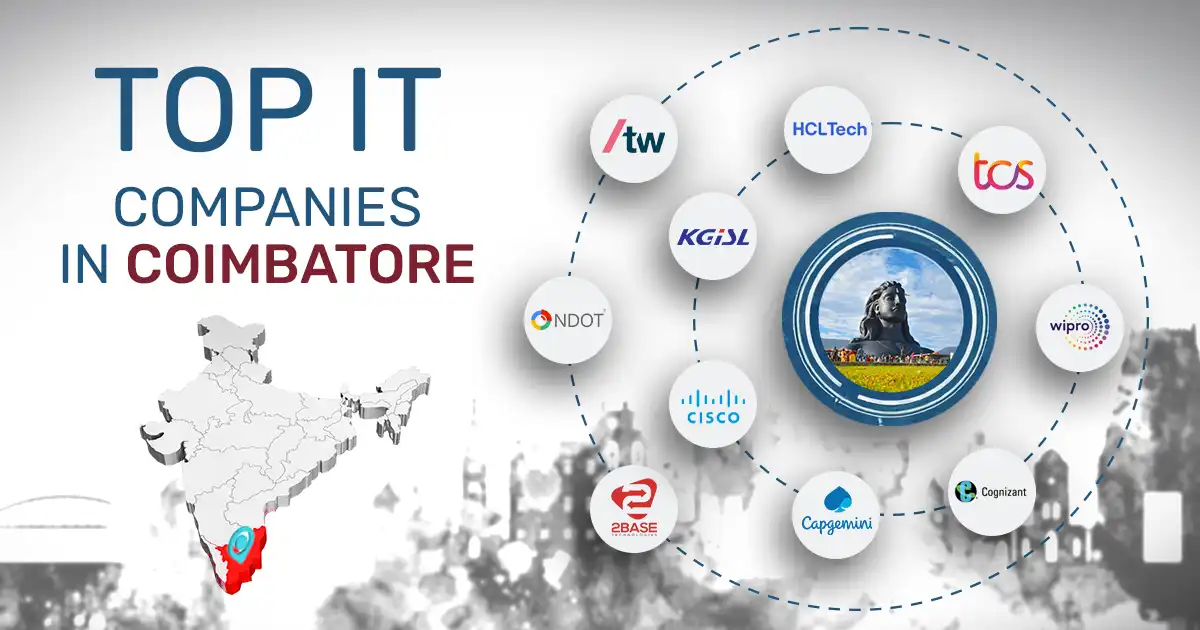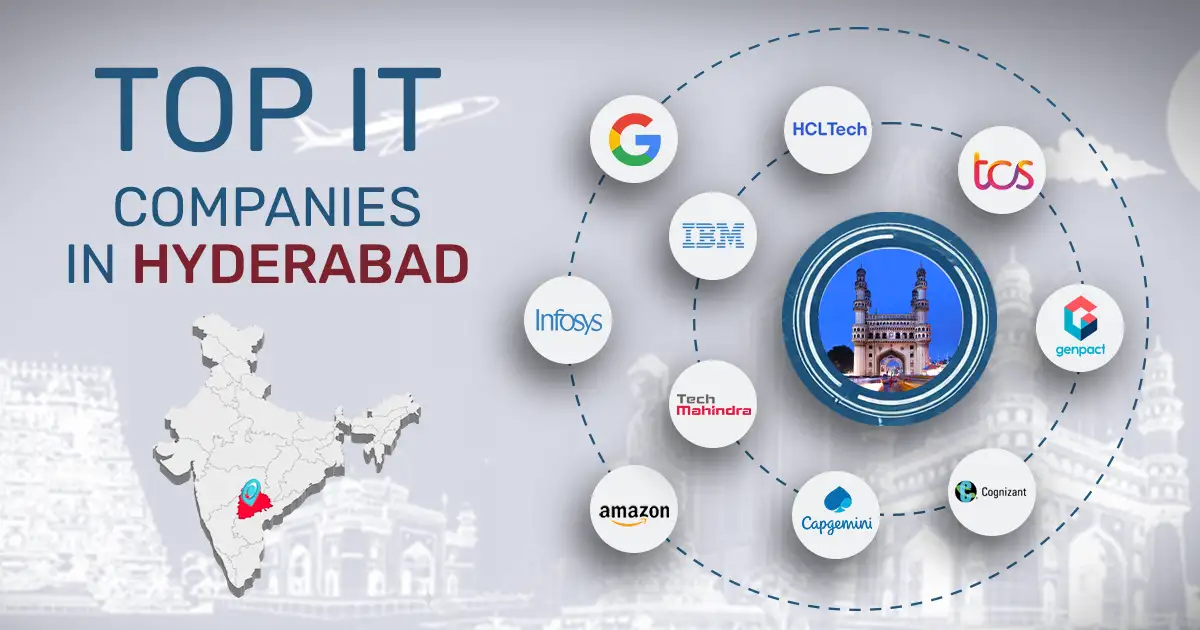
The debate of NGO vs CBO is crucial in understanding the landscape of social change. Both play significant roles in creating social impact, yet they differ in structure, focus, and approach. This article explains the NGO vs CBO distinction, highlights key differences, and guides you in choosing the right model for your mission.
Our insights will help you understand why many non-profits and social organizations opt for one over the other under Indian regulations.
RegisterKaro is our trusted organization dedicated to simplifying registration-related hassles. We support your journey in forming and registering your chosen social organization. Whether you are establishing an NGO or a CBO, our expert guidance makes the entire registration process seamless. Contact RegisterKaro today to streamline your registration and focus on your mission!
NGO vs CBO: Understanding the Basics
The term NGO vs CBO compares two distinct types of social organizations. An NGO (Non-Governmental Organization) is typically a non-profit entity working on social, environmental, or humanitarian causes. A CBO (Community-Based Organization) is a type of NGO that is rooted in local communities and directly addresses grassroots issues. Both models operate under Indian regulations but serve different functions.
- NGO: These organizations usually work on a national or international scale. They often have professional management structures, extensive funding, and formalized programs.
- CBO: These organizations are community-centric. They address local issues and work closely with the community members to implement change.
The discussion of NGO vs CBO helps clarify these roles, enabling social organizations to tailor their strategy according to their target community and scale of operations.

Core Differences Between NGO and CBO
The NGO vs CBO debate is nuanced and rooted in several key differences:
- Scope of Operation:
- NGO: Typically has a broader reach, working at local, national, or international levels.
- CBO: Focuses on localized issues, directly engaging with community members.
- Management Structure:
- NGO: Often has a professionalized structure with a board of directors and formal processes.
- CBO: Usually relies on community leadership and informal management practices.
- Funding and Resources:
- NGO: May attract larger grants, and international funding, and have diversified revenue streams.
- CBO: Generally funded by local donations, community contributions, and small-scale grants.
- Impact Approach:
- NGO: Implements structured programs designed to address large-scale problems.
- CBO: Focuses on grassroots interventions that are highly responsive to local needs.
Discover which model best fits your vision—contact RegisterKaro for a personalized consultation on NGO vs CBO!
Why Choose One Over the Other?
The decision between NGO and CBO depends on your mission and operational goals. The NGO vs CBO comparison is not about one being better than the other; it is about choosing the structure that aligns with your target impact.
- NGO Advantages:
- Greater access to international funding.
- Professional management and broader influence.
- Extensive networking and partnerships.
- CBO Advantages:
- Deep community involvement and trust.
- Rapid response to local issues.
- Lower overheads and simpler organizational structure.
Both NGOs and CBOs function under Indian regulations, but the path to registration and operational frameworks vary. Social organizations must carefully consider these factors before making a decision.
Registration Process for NGOs and CBOs
Understanding the NGO vs CBO registration process is essential. While the registration process in India is similar for both, there are nuances in documentation and operational setup. The NGO registration process usually involves:
- Preparing necessary documents such as the memorandum and articles of association.
- Registering under the Societies Registration Act or Indian Trusts Act.
- Meeting specific guidelines set by Indian regulations.
On the other hand, CBO registration focuses on community participation and may require additional community endorsement documents. Both types need to comply with strict regulatory standards.
Get expert assistance for your registration—choose RegisterKaro to simplify your NGO vs CBO registration process!
Legal Framework and Compliance
Social organizations must adhere to a robust legal framework. Both NGOs and CBOs are governed by Indian regulations that ensure transparency, accountability, and efficient use of funds. The NGO vs CBO debate often hinges on regulatory compliance:
- NGO: Typically must comply with the Societies Registration Act, 1860, or the Indian Trusts Act, and may also register under the Foreign Contribution Regulation Act (FCRA) if receiving foreign donations.
- CBO: While still subject to Indian regulations, the focus is more on local governance and community participation.
Compliance ensures that your social organization maintains its credibility and access to funding. Failure to comply can result in penalties and loss of donor trust.
Funding and Resource Management
The funding mechanisms for NGOs and CBOs differ significantly in the NGO vs CBO debate. NGOs typically attract larger grants and international funding, while CBOs rely more on local support and community contributions. Key points include:
- NGO Funding:
- Access to global grants, government funding, and international donors.
- Structured financial management and accountability systems.
- CBO Funding:
- Reliance on local donations, community fundraising, and smaller grants.
- Flexible budgeting and community-driven financial management.
Understanding the funding landscape is crucial for effective planning. RegisterKaro helps you navigate these complexities and manage the total cost of registration efficiently.
Optimize your funding strategy—talk to RegisterKaro about managing your NGO vs CBO funding effectively!
Impact and Outreach
When comparing NGO vs CBO, the scale of impact and outreach plays a pivotal role. NGOs often implement structured programs aimed at widespread issues, while CBOs focus on localized impact. Consider:
- NGO Impact:
- Broad outreach and structured programs.
- Collaborations with national and international partners.
- CBO Impact:
- Deep, community-specific interventions.
- Tailored programs that directly address local needs.
Each model has its unique advantages in creating social change. The right choice depends on whether you aim for large-scale outreach or focused, community-level impact.
Maximize your social impact—contact RegisterKaro to choose the right model for your organization!
Operational Differences
The operational structures of NGOs and CBOs vary in important ways. The NGO vs CBO comparison involves examining how each model manages day-to-day activities, volunteer involvement, and decision-making processes.
- NGO Operations:
- Formal management structure with a board of directors.
- Professional staff and standardized processes.
- Broader organizational hierarchy.
- CBO Operations:
- Grassroots management with community leaders.
- Flexible, informal decision-making.
- High volunteer involvement and local engagement.
These operational differences influence how programs are executed and how quickly organizations can respond to challenges. Streamline your operations with expert guidance—choose RegisterKaro for a seamless NGO vs CBO transition!
Technology and Innovation
In today’s digital age, both NGOs and CBOs must leverage technology to maximize impact. The debate of NGO vs CBO extends into how these organizations incorporate digital tools:
- NGO Innovations:
- Use advanced data analytics, digital fundraising platforms, and global networking tools.
- Implement robust digital communication strategies to reach a wide audience.
- CBO Innovations:
- Focus on community-driven apps, localized social media campaigns, and grassroots digital outreach.
- Employ technology to enhance community participation and real-time feedback.
Embracing technology helps social organizations remain agile and competitive while complying with Indian regulations and ensuring transparency.
Accountability and Transparency
Accountability is a cornerstone for both NGOs and CBOs. The NGO vs CBO discussion emphasizes the need for transparency in all operations. Effective accountability measures include:
- Regular audits and financial reviews.
- Transparent reporting to stakeholders and donors.
- Public disclosure of activities and funding usage.
Both types of organizations must adhere to stringent accountability practices to maintain donor trust and secure future funding. Compliance with Indian regulations ensures that these measures are properly implemented.
Ensure maximum transparency and accountability—partner with RegisterKaro to manage your organization’s compliance and reporting needs!
Strategic Partnerships and Collaborations
Strategic partnerships are vital for enhancing the reach and impact of social organizations. In the NGO vs CBO framework, partnerships can amplify resources and expertise:
- NGO Partnerships:
- Collaborate with international agencies, government bodies, and large corporations.
- Leverage global networks to implement comprehensive projects.
- CBO Partnerships:
- Form alliances with local community groups, grassroots organizations, and regional authorities.
- Focus on direct community engagement and localized project implementation.
Building strategic partnerships can improve the overall efficiency and reach of your social organization. RegisterKaro assists in navigating these collaborations, ensuring you comply with Indian regulations and manage resources effectively.
Expand your network and drive greater impact—contact RegisterKaro for partnership and collaboration strategies tailored to your organization!
Financial Sustainability and Growth
Ensuring long-term financial sustainability is crucial in the debate of NGO vs CBO. Both types of organizations need a solid financial plan that includes:
- Diverse funding sources such as grants, donations, and sponsorships.
- Efficient budgeting and resource allocation.
- Regular financial audits and performance reviews.
With a focus on financial sustainability, social organizations can plan for growth and scale their impact over time. RegisterKaro offers guidance on managing the total cost of registration and ongoing financial planning, ensuring that your organization remains viable.
Secure your financial future—get expert financial planning support from RegisterKaro today!
Conclusion
The discussion of NGO vs CBO is crucial for social organizations aiming to make a significant impact. Understanding the differences in structure, operation, funding, and impact helps you choose the best model for your mission. Whether you lean towards the broader scope of an NGO or the community-centric approach of a CBO, informed decision-making is key.
LLP Registration in Kolkata is not the topic here, but the strategic choices between NGO vs CBO are just as vital for organizations operating under Indian regulations. For many social organizations, the decision between these models shapes their funding, accountability, and long-term impact. RegisterKaro is here to support you through your registration-related hassles, ensuring that every step is clear, efficient, and compliant.
Take the first step in transforming your organization—contact RegisterKaro now to explore your registration options and achieve your social mission!
Frequently Asked Questions
NGOs typically attract larger, international funding while CBOs rely on local community contributions. Contact RegisterKaro for advice on securing the right funding for your organization!




